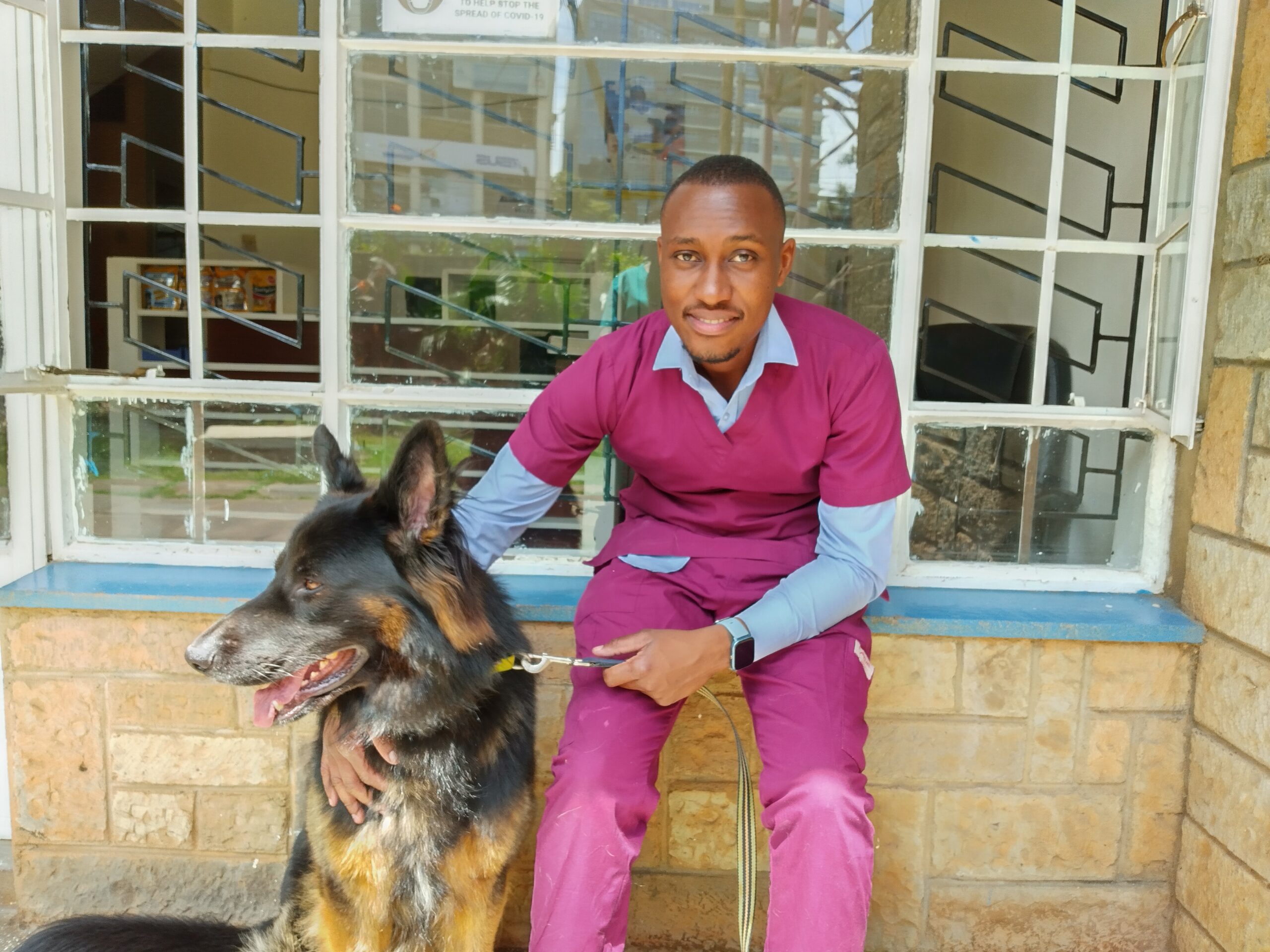Cat Vaccination is crucial for maintaining the health and well-being of cats, just as it is for humans and other animals. Ducknet Veterinary Clinic which serves Lavington, Kileleshwa, Kilimani, Westlands, Parklands, Kikuyu, and Nairobi County provides cat vaccination.
After vaccination, the immune system is “trained” to recognize infectious agents by producing proteins called antibodies or activating specific cells to kill the agents. When a vaccinated cat encounters these agents in the future, it rapidly generates antibodies. It activates the cells that recognize the agents, producing an “immune response” that eliminates the invading agent.
While vaccines represent one of the greatest achievements in preventive medicine, no vaccine is 100 percent effective; and they don’t induce the same degree of protection in every cat. For this reason, exposure of even vaccinated cats to other cats or environments in which infectious agents may be found should still be minimized.
Here’s an overview of Cat Vaccination in Nairobi:
- Age for Vaccination:
- Kittens typically receive their first vaccinations at around 6 to 8 weeks of age.
- Booster shots are administered at 3 to 4-week intervals until they are around 16 weeks old.
- After the initial series, cats usually receive booster vaccinations annually or as recommended by their veterinarian.
- Types of Vaccines:
- Core Vaccines: These are vaccines recommended for all cats due to the widespread prevalence and severity of the diseases they prevent. Core vaccines for cats include vaccines against:
- Feline viral rhinotracheitis (FVR)
- Feline calicivirus (FCV)
- Feline panleukopenia virus (FPV)
- Rabies virus
- Non-Core Vaccines: These are vaccines recommended based on individual risk factors such as lifestyle, environment, and exposure to other animals. Non-core vaccines for cats may include vaccines against:
- Feline leukemia virus (FeLV)
- Feline immunodeficiency virus (FIV)
- Chlamydophila felis
- Bordetella bronchiseptica
- Feline infectious peritonitis (FIP)
- Core Vaccines: These are vaccines recommended for all cats due to the widespread prevalence and severity of the diseases they prevent. Core vaccines for cats include vaccines against:
- Price:
- The cost of vaccination for cats can vary depending on factors such as location, the veterinarian’s fees, and whether the cat requires core or non-core vaccines.
- Generally, the initial series of vaccinations for kittens may cost more due to the need for multiple doses and examinations.
- Annual booster shots tend to be less expensive than the initial series.
- Diseases Vaccinated Against:
- Feline Viral Rhinotracheitis (FVR): Caused by feline herpesvirus type 1, this disease affects the respiratory system.
- Feline Calicivirus (FCV): Another common respiratory disease in cats.
- Feline Panleukopenia Virus (FPV): Also known as feline distemper, this is a highly contagious and often fatal viral disease.
- Rabies Virus: A viral disease that affects the central nervous system and is fatal if left untreated.
- Feline Leukemia Virus (FeLV): A viral disease that weakens the immune system and can lead to various secondary infections and cancers.
- Feline Immunodeficiency Virus (FIV): Similar to HIV in humans, FIV weakens the immune system, leaving cats susceptible to infections.
- Chlamydophila felis: Causes respiratory infections in cats.
- Bordetella bronchiseptica: Another respiratory pathogen in cats.
- Feline Infectious Peritonitis (FIP): A viral disease that affects multiple organ systems and is often fatal.
- Importance of Cat Vaccination:
- Prevention of Disease: Vaccination helps prevent various infectious diseases that can be debilitating or fatal to cats.
- Public Health: Vaccinating cats against rabies not only protects the individual cat but also helps prevent the spread of the disease to humans and other animals.
- Long-Term Cost Savings: Preventing diseases through vaccination can save pet owners money by avoiding expensive treatments for illnesses that could have been prevented.
- Herd Immunity: Vaccination contributes to herd immunity, which helps protect vulnerable individuals in the population who cannot be vaccinated, such as very young kittens or cats with compromised immune systems.
- Peace of Mind: Keeping up with vaccinations gives pet owners peace of mind knowing they are doing everything they can to keep their furry companions healthy and happy.
In conclusion, vaccination plays a vital role in safeguarding the health of cats by preventing various infectious diseases. Pet owners need to work closely with their veterinarians to develop an appropriate vaccination schedule tailored to their cat’s individual needs and lifestyle.







